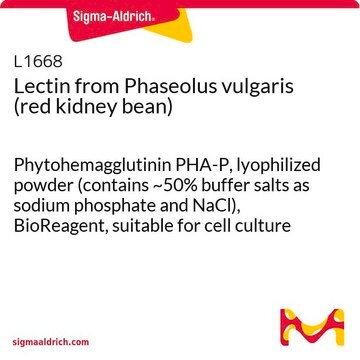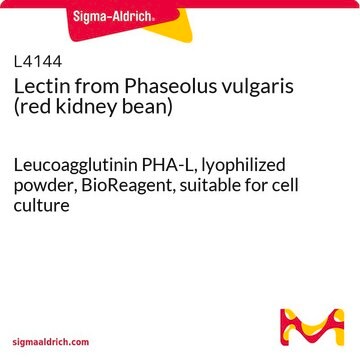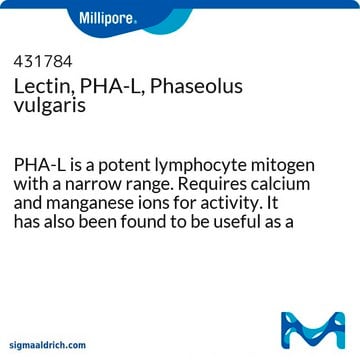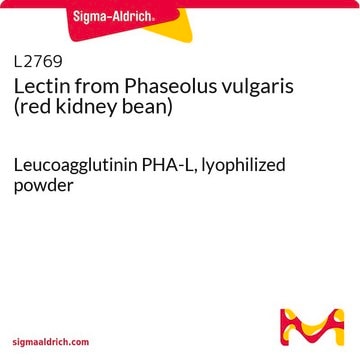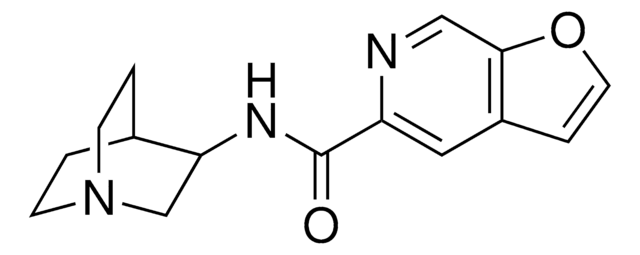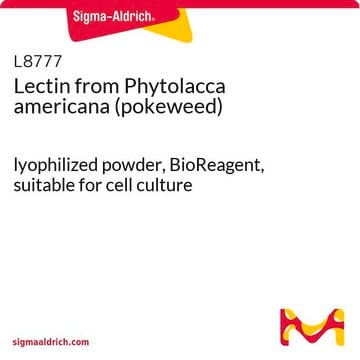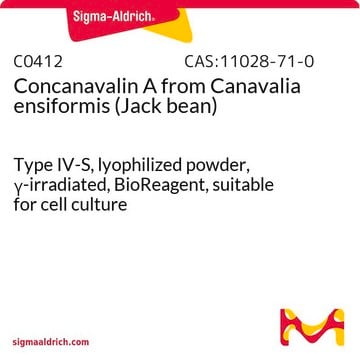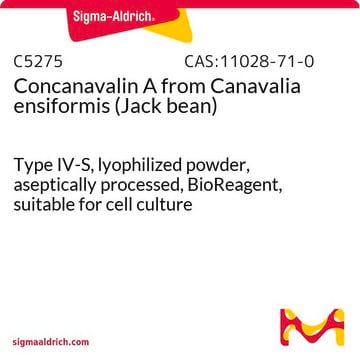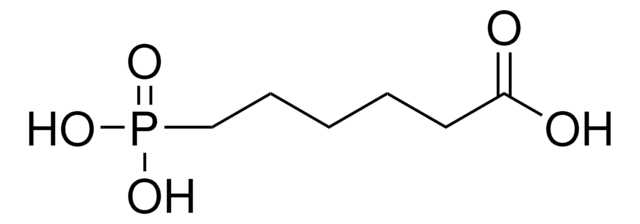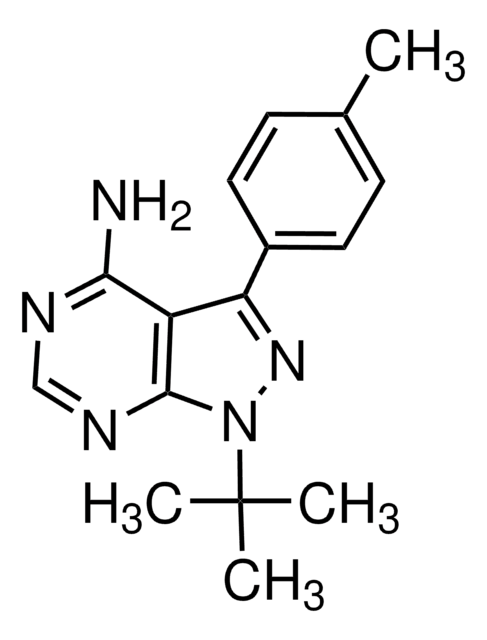L8902
Lectin from Phaseolus vulgaris (red kidney bean)
Phytohemagglutinin PHA-M, lyophilized powder, BioReagent, suitable for cell culture
Synonym(s):
Phaseolus vulgaris agglutinin, PHA
Sign Into View Organizational & Contract Pricing
All Photos(2)
About This Item
Recommended Products
Quality Level
product line
BioReagent
form
lyophilized powder
potency
<40 μg per mL agglutination activity
technique(s)
cell culture | mammalian: suitable
impurities
salt, free
solubility
PBS: 2 mg/mL
storage temp.
2-8°C
Looking for similar products? Visit Product Comparison Guide
Application
Lectin from Phaseolus vulgaris (red kidney bean) is used in Lymphocyte Transformation Assay and culture medium.
Biochem/physiol Actions
PHA consists of two molecular species, an erythroagglutinin (PHA-E) which has low mitogenic activity and high erythroagglutinin activity, and leucoagglutinin (PHA-L) which has high mitogenic and leucoagglutinating activity, but very low erythroagglutinating activity.
PHA-E is not blood group specific, but agglutination can be inhibited by certain oligosaccharides. PHA-P is the protein form of PHA prior to separation and purification of erythroagglutinin and leucoagglutinin. PHA-M is the mucoprotein form. Conjugates are prepared from the corresponding purified lectins.
PHA-E is not blood group specific, but agglutination can be inhibited by certain oligosaccharides. PHA-P is the protein form of PHA prior to separation and purification of erythroagglutinin and leucoagglutinin. PHA-M is the mucoprotein form. Conjugates are prepared from the corresponding purified lectins.
Analysis Note
Agglutination activity is expressed in μg/mL and is determined from serial dilutions of a 1 mg/mL solution. This activity is the lowest concentration to agglutinate a 2% suspension of human erythrocytes in phosphate buffered saline, pH 6.8, after 1 hr incubation at 25 °C.
related product
Storage Class Code
11 - Combustible Solids
WGK
WGK 3
Flash Point(F)
Not applicable
Flash Point(C)
Not applicable
Certificates of Analysis (COA)
Search for Certificates of Analysis (COA) by entering the products Lot/Batch Number. Lot and Batch Numbers can be found on a product’s label following the words ‘Lot’ or ‘Batch’.
Already Own This Product?
Find documentation for the products that you have recently purchased in the Document Library.
Customers Also Viewed
Stefan Warmuth et al.
Oncoimmunology, 10(1), 2004661-2004661 (2022-07-19)
Co-stimulatory 4-1BB receptors on tumor-infiltrating T cells are a compelling target for overcoming resistance to immune checkpoint inhibitors, but initial clinical studies of 4-1BB agonist mAbs were accompanied by liver toxicity. We sought to engineer a tri-specific antibody-based molecule that
Sarah Chan et al.
Nature cancer, 3(3), 337-354 (2022-03-09)
Costimulatory receptors such as glucocorticoid-induced tumor necrosis factor receptor-related protein (GITR) play key roles in regulating the effector functions of T cells. In human clinical trials, however, GITR agonist antibodies have shown limited therapeutic effect, which may be due to suboptimal
Imen Helali et al.
Journal of immunotoxicology, 13(5), 745-750 (2016-07-19)
The immune response is the first defense against pathogens; however, it is very sensitive and can be impacted on by agrochemicals such as carbamate and organophosphate pesticides widely present in the environment. To understand how pesticides can affect immune cell
Packaging cell system for lentivirus vectors. Preparation and use.
Narasimhachar Srinivasakumar
Methods in molecular medicine, 69, 275-302 (2002-05-04)
Ece Yildiz-Ozturk et al.
Cytotechnology, 69(2), 337-347 (2017-02-14)
Two dimensional (2D) cell culture systems lack the ability to mimic in vivo conditions resulting in limitations for preclinical cell-based drug and toxicity screening assays and modelling tumor biology. Alternatively, 3D cell culture systems mimic the specificity of native tissue
Our team of scientists has experience in all areas of research including Life Science, Material Science, Chemical Synthesis, Chromatography, Analytical and many others.
Contact Technical Service
